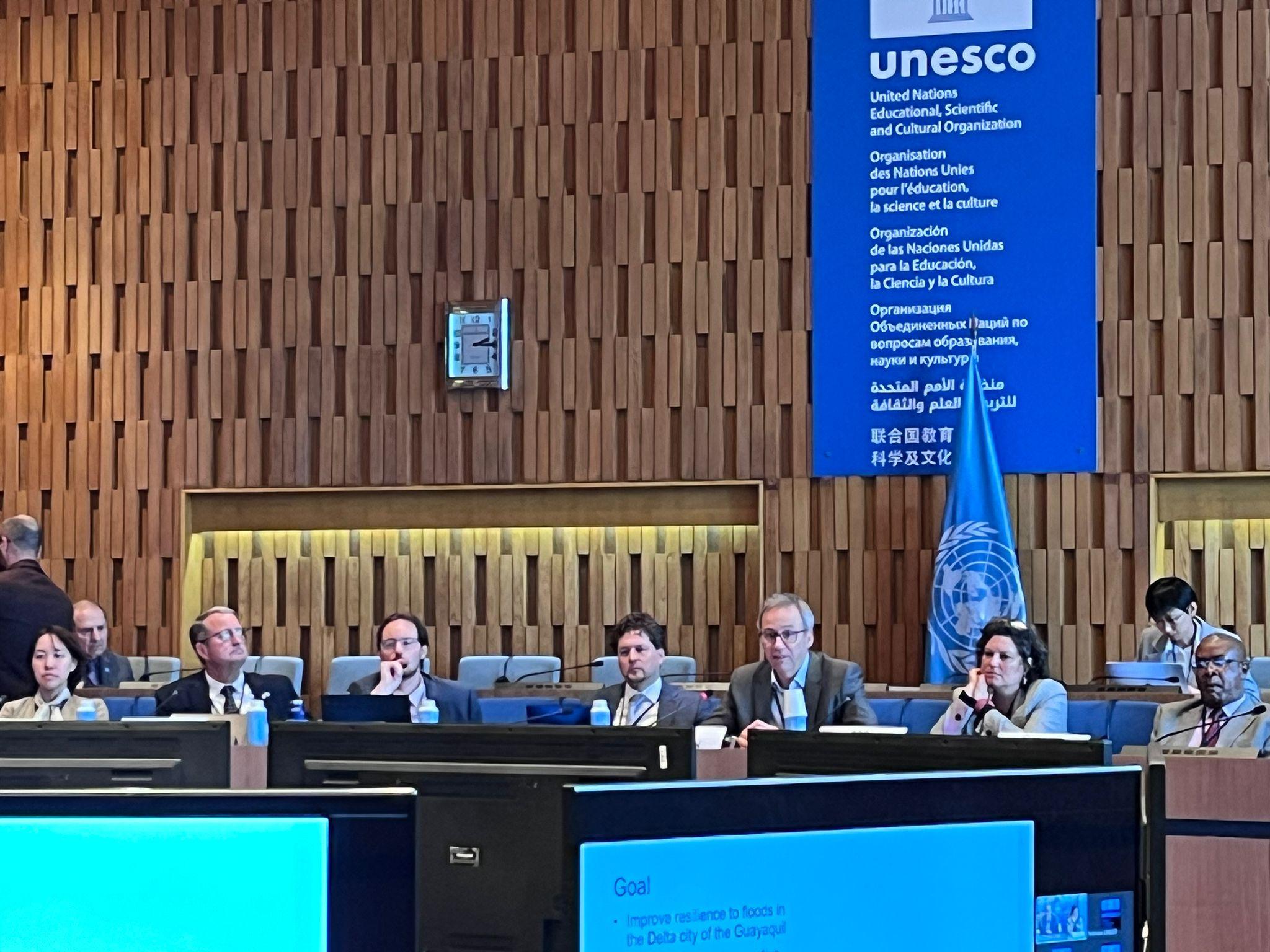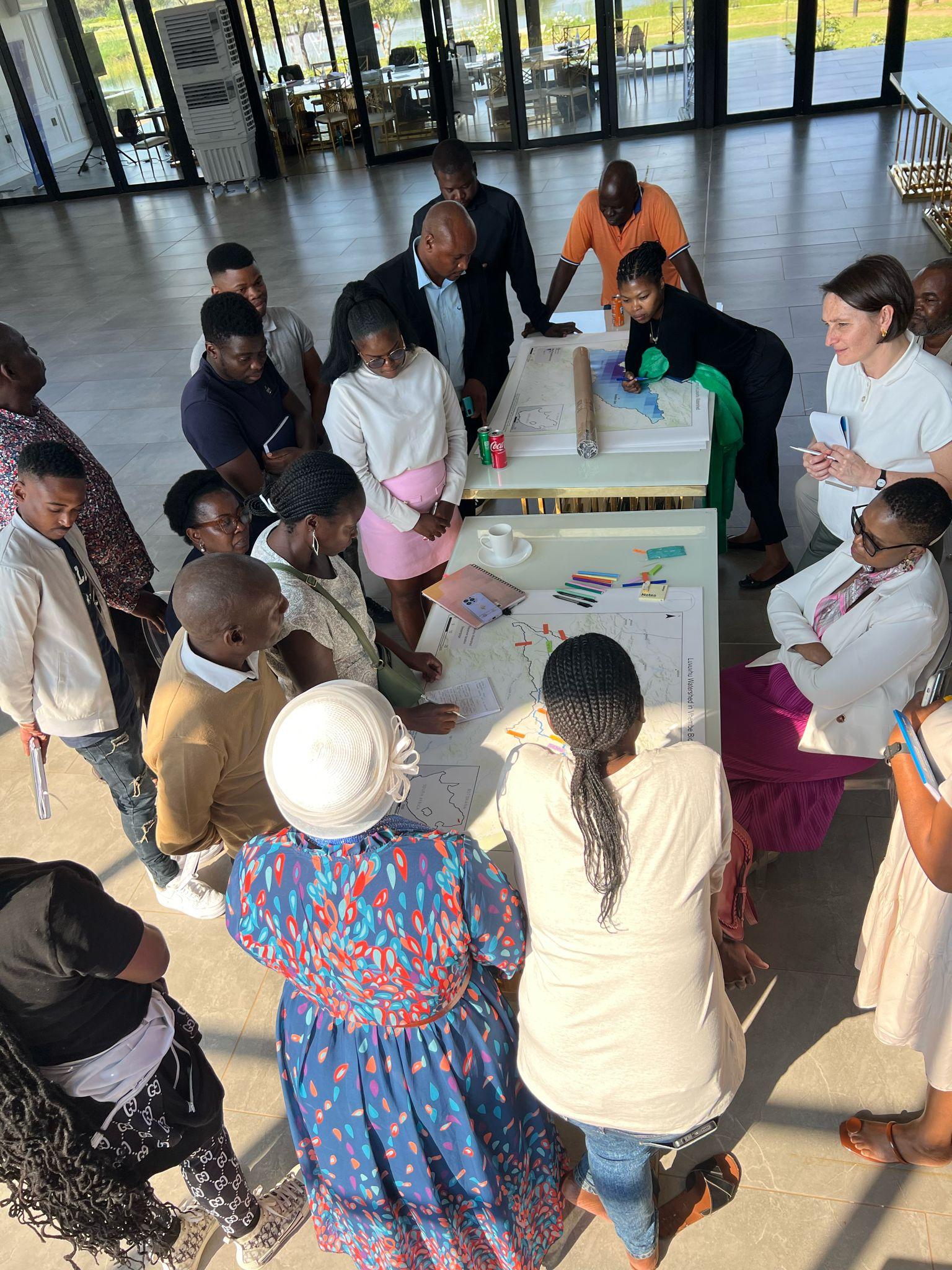CRIDA achieves UNESCO ‘flagship initiative’ status
CRIDA, a method for climate resilient water resources planning developed by Deltares and the US Army Corps of Engineers, has achieved ‘flagship initiative’ status within UNESCO.


The 36 member states of UNESCO’s Intergovernmental Hydrological Programme recently endorsed a resolution proposing that CRIDA be elevated to the status of Flagship Initiative. The deci
sion was taken at the 26th meeting of the programme’s Intergovernmental Council at UNESCO headquarters in Paris.
About CRIDA
Climate Risk Informed Decision Analysis (CRIDA) | UNESCO is a method for climate resilient water resources planning that was originally developed by Deltares and the US Army Corps of Engineers in 2018. It was published and adopted by UNESCO.
CRIDA combines a stress test for climate vulnerability analysis with an adaptation pathways approach and has been applied in several countries and decision contexts since.
CRIDA is currently used by Sadie McEvoy, a climate change adaptation planning researcher at Deltares, in an application in South African UNESCO Biosphere reserves. Here, CRIDA is used to develop nature-based Solutions to enable local communities adapt to climate change and preserve biodiversity.
Ad Jeuken, co-author on the CRIDA methodology, participated in the UNESCO event to present CRIDA to the member states and is thrilled with the enhanced status of CRIDA within UNESCO.
“In our long-term collaboration with the USACE, UNESCO, and others we have managed to test and innovate CRIDA in different contexts. This enhanced status among the UNESCO member states will likely help to scale up and further operationalise this effort”.
‘Flagship initiative’ status
As a ‘flagship initiative’, CRIDA will receive increased visibility, resources, and support, thereby enabling it to expand its reach and deepen its impact. This will allow more countries to benefit from its methodology, leading to improved water security and environmental sustainability in the face of climate change.
Koen Verbist (Climate and Hydrology lead, UNESCO)” initiator of CRIDA within UNESCO appreciates the support received from Deltares:
“Deltares is an important partner for us in developing tools to support capacity of our member states in climate adaptation. They have a unique and independent position in the world, with cutting edge, broad, and solid applied knowledge and expertise.”

The resolution was submitted by the United States of America and supported by the Kingdom of the Netherlands, Republic of Korea, Sudan and Uganda. Other member states endorsed the resolution, considering that CRIDA will enable countries to design a climate adaptation strategy based on scientific evidence, at a time when climate change poses a growing threat to their water resources.


